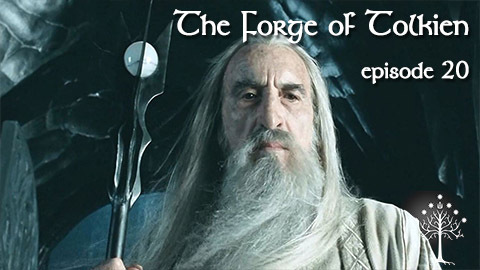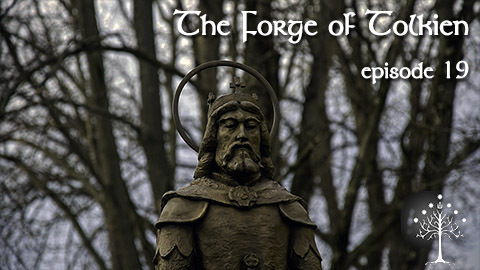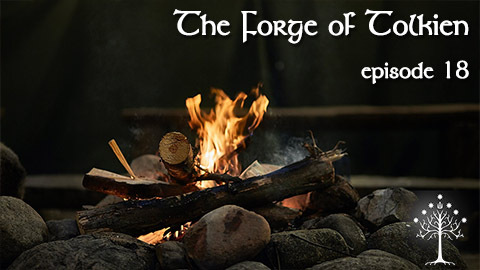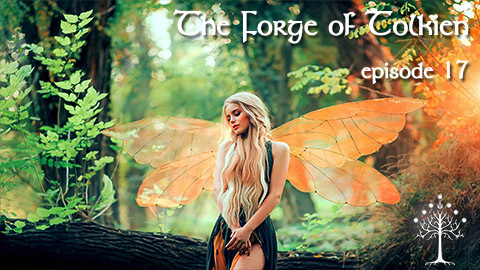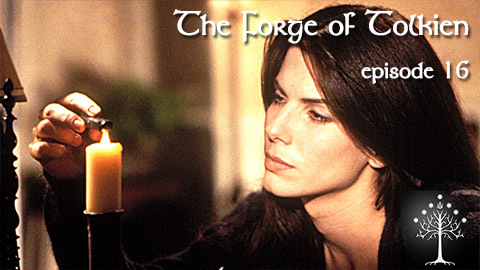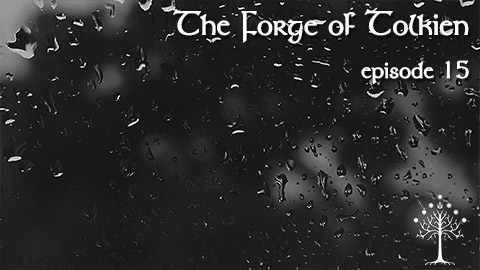Netherflix’s market share has fallen by one-third:
Netflix lost 31 per cent of its market share over the last year despite adding more than 36 million new users as its competitors gain steam
Despite adding more than 36 million new users, Netflix’s US market share took a tumble from 29 per cent to 20 per cent, representing a 31{3549d4179a0cbfd35266a886b325f66920645bb4445f165578a9e086cbc22d08} drop since 2020
Amazon Prime Video is in a comfortable second place with 16 per cent of market
Hulu barely made it to third place at 13 per cent while HBO Max is hot on the company’s heels with 12 per cent
Disney+ rounds out the top five streaming services in fifth place with 11 per cent
The leftover 28 per cent of the market is made up of services like Apple TV+, Starz, Paramount+, and others.
UATV has only a very tiny fraction of the market, but we’re growing. The second test of livestreaming was successful last night, and I just received the rough cut of UATV’s first original documentary, which will be available on UATV soon. The Devil doesn’t have all the good music and soon he won’t have all the good video either.
